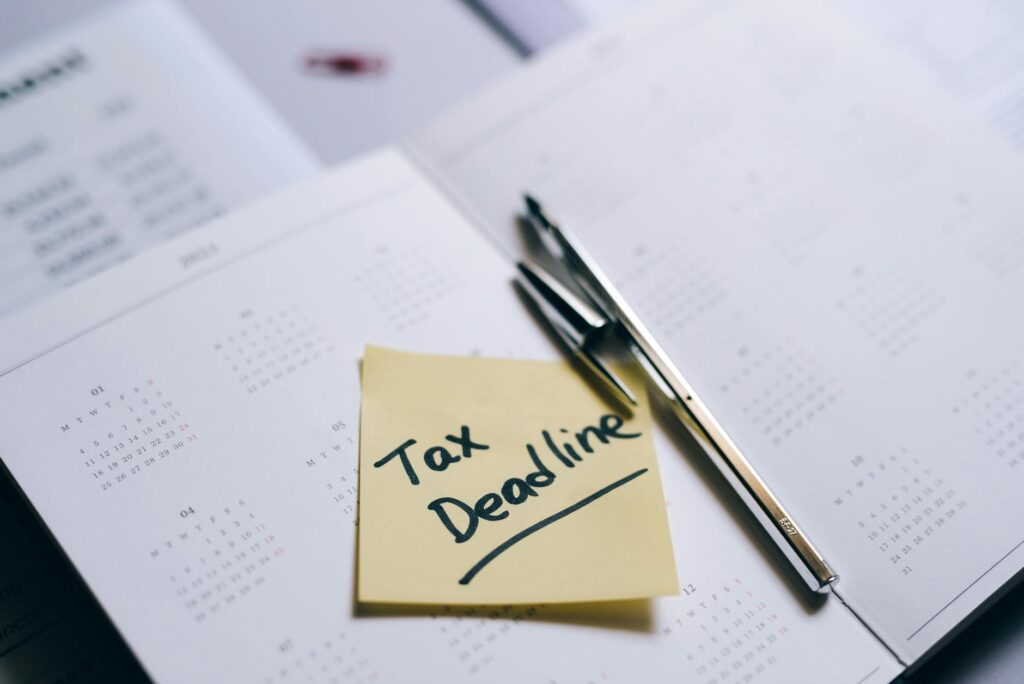What is task completion reminders?

What is task completion reminders?
Are you often overwhelmed by the tasks on your to-do list? You’re not alone. Many people struggle with keeping track of their responsibilities, which is where task completion reminders come in. These powerful tools can help you stay organized, boost your productivity, and ultimately achieve your goals with less stress. Let’s explore what task completion reminders are, how they work, and how you can effectively implement them in your life.
Understanding Task Completion Reminders
To fully appreciate the value of task completion reminders, it’s essential to understand their definition and purpose.
Definition of Task Completion Reminders
Task completion reminders are notifications or prompts designed to alert you when a specific task needs your attention or should be completed. They can take various forms, from digital alerts on your phone to physical sticky notes on your desk. Their primary role is to assist in effective task management by ensuring you never forget essential obligations.
Purpose and Benefits
The main benefit of task completion reminders is their ability to enhance productivity. When set up correctly, these reminders can help you prioritize tasks, prevent procrastination, and facilitate a smoother workflow. They can:
- Reduce stress: Knowing you have reminders in place can ease anxiety about forgetting tasks.
- Improve organization: They help you maintain a clear overview of your responsibilities.
- Enhance time management: When you receive timely reminders, you can allocate your time more effectively, ensuring you stay on track.
For more insights into task management, check out the Google Tasks support page.
Types of Task Completion Reminders
Task completion reminders come in various formats and systems. Let’s explore some of the most common types available.
Digital Reminders
In our increasingly digital world, many people rely on apps and software to set reminders. Popular tools include:
- Calendar apps: Tools like Google Calendar allow you to create events with reminders that pop up at specified times.
- Task management software: Platforms like Todoist and Asana enable you to create tasks with deadlines and reminders, ensuring you never miss a beat. You can check out more about productivity methods on Todoist’s page.
These digital reminders can be customized to your preferences, making them highly effective for managing your tasks.
Physical Reminders
While digital reminders are convenient, some people find traditional methods work better for them. Physical reminders can include:
- Sticky notes: Write down tasks and stick them on your computer screen or wall to keep them top of mind.
- Planners: Use a physical planner to jot down your tasks and set reminders for important deadlines.
- Alarm clocks: Set alarms for specific tasks, ensuring you’re alerted when it’s time to focus.
Incorporating physical reminders allows you to engage with your tasks visually, which can reinforce your commitment to completing them.

Photo by Leeloo The First
Implementing Task Completion Reminders
To make the most of task completion reminders, consider the following steps and best practices for implementation.
Setting Up Your Reminder System
- Choose the right tools: Identify which digital or physical methods work best for you. You might prefer a combination of both to maximize effectiveness.
- Be specific: When creating reminders, be clear about what the task entails. Vague reminders can lead to confusion.
- Set realistic deadlines: Ensure your deadlines are achievable to avoid unnecessary stress.
Best Practices for Using Reminders
- Timing and frequency: Schedule reminders at optimal times. If you know you tend to forget tasks in the morning, set a reminder for the night before.
- Review reminders regularly: Take time to assess your tasks and adjust reminders as necessary to reflect changing priorities.
- Limit the number of reminders: Too many alerts can lead to reminder fatigue, causing you to overlook important tasks. Focus on the most critical responsibilities.
For more tips on productivity techniques, visit Atlassian’s blog.
Challenges and Solutions
While task completion reminders are beneficial, there can be challenges in effectively utilizing them. Here are some common issues and their solutions.
Overcoming Reminder Fatigue
With constant notifications, it’s easy to become desensitized. To combat this:
- Vary your reminder formats: Mix digital alerts with physical notes to keep things fresh and engaging.
- Prioritize important tasks: Ensure that only critical tasks trigger reminders to reduce the noise of unnecessary alerts.
Integration with Daily Workflow
Integrating task completion reminders into your daily routine can be tricky. Here’s how to do it smoothly:
- Use a single platform: Whether you choose digital tools or physical methods, try to limit the number of systems you use to prevent confusion.
- Schedule regular check-ins: Set aside time each day to review your tasks and reminders, ensuring you stay on top of your responsibilities.
Conclusion: The Impact of Task Completion Reminders
Task completion reminders are invaluable tools that can significantly boost your productivity and help you maintain a balanced life. By understanding their purpose, exploring various types, and effectively implementing them into your daily routine, you can achieve your goals with less stress.
Remember that the key to successful task management lies in finding a system that works best for you. Whether you rely on digital tools, physical notes, or a combination of both, task completion reminders can serve as a powerful ally in your journey toward productivity and work-life balance.